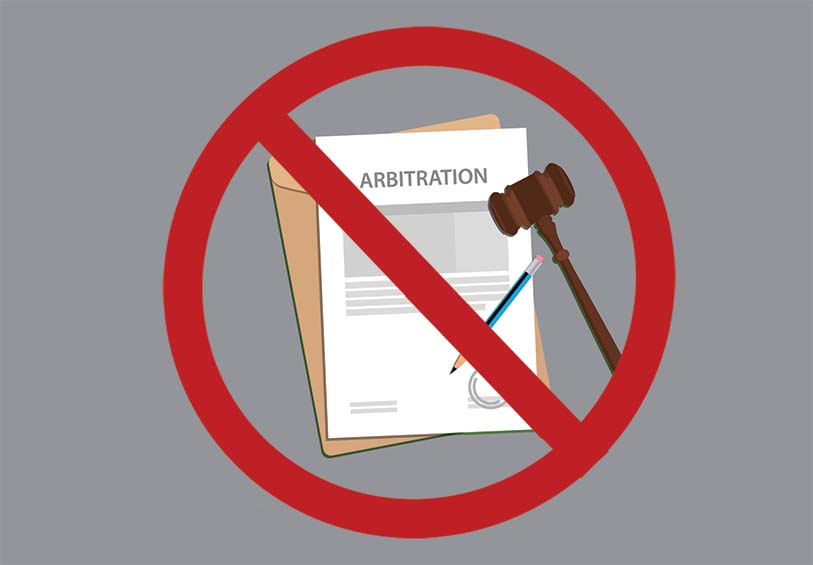On September 15, 2021 in a split decision, the U.S. Court of Appeals for the Ninth Circuit vacated a preliminary injunction that prohibited California from enforcing AB 51, which was signed into law in 2019 (Chamber of Commerce of the United States of America, et al. v. Bonta, et al., No. 20-15291 (9th Cir. Sept. 15, 2021)).
Slated to take effect January 1, 2020, AB 51 added a provision to both the Labor Code and the Government Code that prevented employers from requiring employees to, as a condition of employment, sign arbitration agreements about employment-related disputes under the Labor Code or the Fair Employment and Housing Act. But in February of 2020, the U.S. District Court held that AB 51 was invalid under federal law and issued a preliminary injunction preventing California from enforcing any part of AB 51.
In its September 15 decision, the 9th Circuit held that AB 51’s language was not preempted by the Federal Arbitration Act (FAA), as the FAA was concerned only with enforceability of already existing arbitration agreements; the FAA does not regulate pre-agreement conduct. According to the 9th Circuit, the FAA doesn’t regulate whether arbitration agreements may be mandatory or voluntary; it regulates whether an executed arbitration agreement is enforceable.
Because AB 51 purports to regulate pre-agreement conduct (as it prohibits an employer from requiring execution of an arbitration agreement as a condition of employment) and doesn’t explicitly state that mandatory arbitration agreements are unenforceable, the 9th Circuit held in its split decision that AB 51 is neither preempted nor invalidated by the FAA. In fact, the 9th Circuit intentionally punted on this issue, stating that later courts will have to decide whether voluntariness of an arbitration agreement is a generally applicable contract defense not limited to arbitration agreements.
However, the dissent to the majority’s opinion, written by Justice Sandra Segal Ikuta, highlights prior U.S. Supreme Court decisions that found state laws invalid under federal law because the FAA preempts not only overt attempts to make arbitration agreements unenforceable, but also workarounds that, in effect, create a similar hostility to arbitration agreements. According to Justice Ikuta, the concept of penalizing an employer’s conduct during the agreement’s formation is exactly the burden on forming arbitration agreements that the FAA preempts.
Separately, the 9th Circuit held that AB 51’s civil and criminal penalty provisions are invalid under the FAA because they only trigger once an employer has entered into a mandatory arbitration agreement. That means that these portions of AB 51 are punishing conduct protected by the FAA — the execution of an arbitration agreement — and therefore cannot be valid under the law.
Employers should be aware that Labor Code 432.6, the section of AB 51 upheld by the 9th Circuit, does include a remedial provision that allows for a person to seek injunctive relief, other relief as permitted by law and attorneys’ fees for violations of this section.
Because the preliminary injunction has been vacated at this time, employers are strongly encouraged to engage with legal counsel about their practices related to arbitration agreements before proceeding with executing or enforcing existing agreements.
Employers also should be aware that this ruling likely won’t be the end of the road regarding AB 51, as the U.S. Chamber of Commerce, California Chamber of Commerce and other groups that brought this action may challenge or seek further review of this decision.
Matthew J. Roberts, Employment Law Counsel/Subject Matter Expert
CalChamber can read about a 2020 case in which a California Court of Appeal upheld an employment arbitration agreement that was in the employee handbook. Not a member? See how CalChamber can help you.







